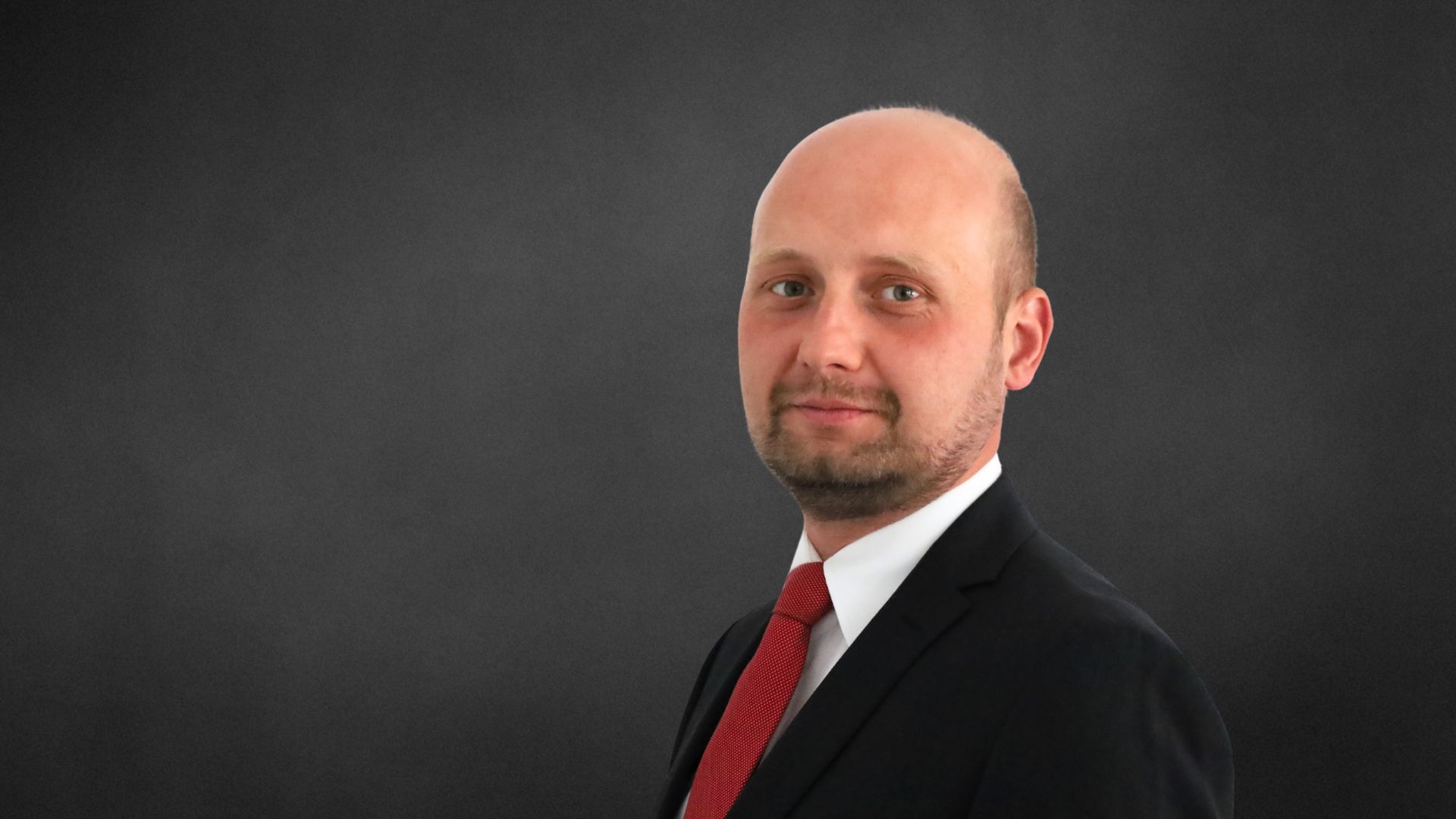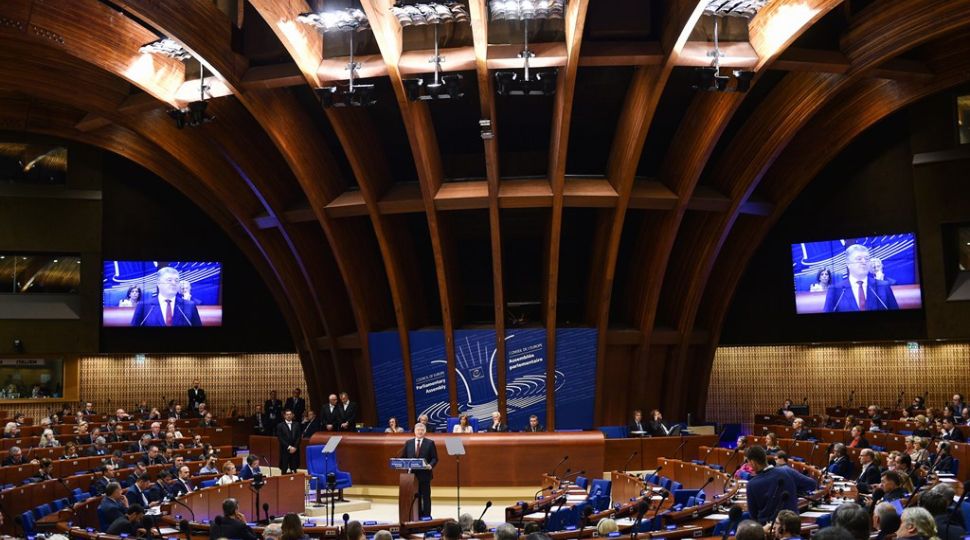Uncertain Future of the Council of Europe Sanctions on Russia

What is the political background of the decision?
The suspension of Russia’s rights in PACE took place in April 2014 and was based on the country’s serious violation of the principles of Art. 3 of the Statute of the Council of Europe (CoE) because of its annexation of Crimea. Demanding restoration of its rights, in June 2017 Russia withheld payment of membership fees to the CoE and its politicians began to indicate that it might leave the organisation if its demand was not met. In April 2019, PACE called on Russia to pay the fees in arrears, cautioning that due to a two-year break in payments, it may soon be suspended from all CoE bodies. In turn, Russia announced that if steps were taken in this direction and its rights in PACE not restored by the end of June this year, it would leave the CoE on its own.
What does Russia want and how does it aim to get it?
Russia is using the concern that if it leaves the CoE, the standard of human rights protection of its residents will be lower because of their inability to lodge complaints with the European Court of Human Rights (ECtHR). As well, the 70th anniversary of the CoE makes its members states more willing to make concessions in the name of preserving the unity of the organisation and preventing the exit of its largest member state. Russia also complains about alleged discrimination in PACE and takes advantage of the idea, present particularly in Germany and France, that rapprochement will greatly contribute to solving the crises in Ukraine and elsewhere. Russia uses the combination of these factors, along with the extortion-like financial pressure and the threat that it will leave the CoE, aiming to create a breach in the system of sanctions introduced in 2014 and, in the long run, to abolish it, to “normalise” the situation in Crimea and to maintain control over the Donbas region of Ukraine.
What was agreed in Helsinki?
The CMCE urged all members of the Council to pay their contributions but also called for all members to be able to participate in the work of the Committee and PACE and in the upcoming elections of the CoE’s new secretary general and European Court of Human Rights (ECtHR) judges, scheduled for the end of June. The implementation of this appeal would mean the necessity to change PACE’s rules of procedure—and at the same time, to abolish the sanctions—during PACE’s next meeting on 24-28 June. In return, Russia would only have to pay the overdue contributions of around €90 million. In addition, the CMCE put forward a proposal to create a new procedure that would allow the CoE to react to serious violations of its statute and standards.
How should the CMCE’s proposals be assessed?
Acceding to Russia’s demands to get repayment of financial payments it withheld on its own would mean in fact bowing to economic pressure. It would be a blow to the prestige of the CoE as a defender of principles that are the common heritage of its member states. Russia then would use the CoE’s actions to call into question the point of maintaining any remaining sanctions against it put in place since 2014 and to pressure states into lifting them. Russia’s participation in elections of the new secretary general and ECtHR judges would allow it to return to the CoE mainstream without making concessions with respect to its activities in Ukraine. At the same time, the political legitimacy and effectiveness of the new mechanism to respond to violations of the CoE principles introduced after the renouncement of sanctions against Russia would raise legitimate concerns.
What are the risks associated with the possible abolition of sanctions by the Parliamentary Assembly?
Contrary to the views of France and Germany, the states leading the group supporting the lifting of the sanctions, restoring Russia’s rights in PACE threatens the future of other sanctions imposed on Russia since 2014. It will also create a risk that in the future similar measures against countries seriously violating CoE principles will be ineffective and that the targeted countries will be willing to use similar methods as Russia to avoid fulfilling their obligations. There is also the corresponding risk of lowering the level of human rights protection in Ukraine since politicians there have repeatedly stated that they are ready to withdraw their country from the CoE if PACE lifts the sanctions against Russia.



